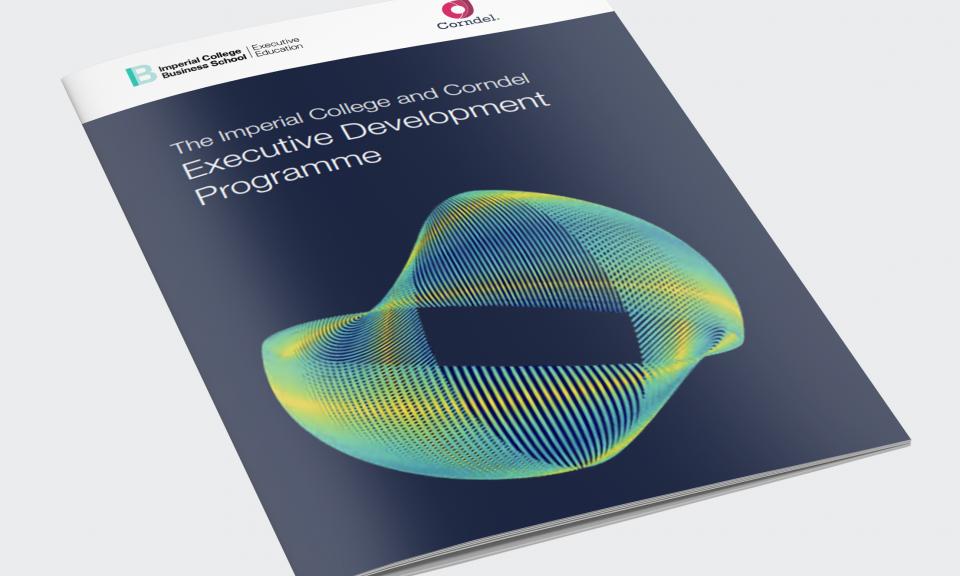
Just a day after its formal announcement, Qualcomm on Wednesday revealed the major components making Snapdragon 845 a compelling processor for next-generation flagship Android devices. The new SoC is based on the company’s custom Kryo 385 architecture that is touted to speed up the performance by up to 25 percent compared with last year’s Snapdragon 835, while an Adreno 630 GPU is available to enhance on-screen graphics. The San Diego-based company has also added on-device artificial intelligence (AI) functionality.
Qualcomm at its annual summit in Maui, Hawaii, on Wednesday detailed various enhancements to Snapdragon 845 by highlighting five key areas, namely immersion, AI, security, connection, and performance. The immersion area is fulfilled by an integrated Qualcomm Spectra 280 image signal processor (ISP) and Adreno 630 GPU. Among the two components, the ISP enables the chip to capture 64 times more high-dynamic range colour information for video recording and playback on Ultra-HD displays compared to the previous generation Snapdragon SoC. There is also a massive boost in colour information, including 10-bit colour depth for over one billion shades of colours that can be previewed to the wide Rec. 2020 gamut. Similarly, the new GPU is claimed to support XR experiences that include virtual, augmented, and mixed reality in addition to general visual processing. The new Snapdragon chip is also highlighted to be the first to support room-scale six degrees of freedom (6DoF) with simultaneous localisation and mapping (SLAM) to enable an enhanced virtual reality (VR) experience. Additionally, there is ‘Adreno foveation’ that is claimed to reduce power consumption, improve visual quality, and boost XR application performance than that of the previous Snapdragon generation.
As companies like Apple and Huawei lately started investing on AI to upgrade the mobility experience through their new chips, Qualcomm has also joined the race by bringing three times improved AI performance on Snapdragon 845 compared to its predecessor. The chip maker also claims that the new mobile processor improves voice-driven smart assistants with features such as improved always-on keyboard detection and ultra-low-power voice processing. There is a Qualcomm Aqstic audio codec (WCD9341) and low-power audio subsystem to enhance the experience with voice assistants including Google Assistant and Amazon’s Alexa.
To help developers build new AI solutions for Snapdragon 845-powered devices, Qualcomm has upgraded its Snapdragon Neural Processing Engine (NPE) SDK with support for Google’s TensorFlow Lite framework and the new Open Neural Network Exchange (ONNX). This new development enables developers to use any of their favourite frameworks, including Caffe2, CNTK, TensorFlow, and MxNet. Also, there is support for Google’s Android NN API.
Qualcomm has not just brought the AI advancements to make Snapdragon 845 suitable for premium mobile devices but has also added a secure processing unit (SPU) alongside the Kryo 385 CPU and Adreno 630 GPU to make the chip a complete solution for newer hardware. The SPU is designed to add vault-like characteristics to the existing layers of Qualcomm’s mobile security solutions and improve biometric security inputs such as a fingerprint scanner or a face unlock technology. The hardware isolated subsystem can also make it possible for manufacturers to add an advanced user or application data key management to encrypt critical data with a hardware-level security.
In addition to the secure experience through SPU, Snapdragon 845 has the Snapdragon X20 LTE modem, which is Qualcomm’s second-generation Gigabit LTE solution, to enable high-speed data access on a range of technology and frequency band configurations. The modem is claimed to support LTE Category 18 peak download speeds of 1.2Gbps, up to five times carrier aggregation, License Assisted Access (LAA), Dual SIM-Dual VoLTE, as well as 4×4 MIMO on up to three aggregated carriers. Moreover, the chip is compatible with configurations for 5G that is yet to be released in the global markets.
Qualcomm has also provided diversity-enhanced 60GHz 802.11ad Wi-Fi that can deliver multi-gigabit coverage at a speed of up to 4.6Gbps. The Snapdragon 845 SoC also has 802.11ac Wi-Fi with some tweaks to provide 16 times faster connection setup, simultaneous dual-band support, and 30 percent more capacity utilisation on carrier Wi-Fi networks, compared to the previous generation. Likewise, the processor has Bluetooth 5.0 that can broadcast audio simultaneously to multiple wireless speakers and other connected devices. The new Bluetooth technology is also claimed to reduce battery consumption of wireless headsets by up to 50 percent compared to the preceding development.
On the performance front, the Adreno 630 GPU is marketed to garner graphics performance and power efficiency by up to 30 percent over its previous generation. The Kryo 385 CPU, on the other hand, is claimed to enhance performance across gaming, application launch times, and performance-intensive applications by up to 25 percent. The CPU has four performance cores of up to 2.8GHz clock speed and four efficiency cores of up to 1.8GHz.
Despite the upgrades across all the five key areas, Qualcomm is using Samsung’s second generation 10nm LPP FinFET process technology – not the 7nm process as rumoured in the past. The chip, however, does have features such as Qualcomm Quick Charge 4+ and Adreno foveation to enhance battery life on the future mobile devices. There are also reportedly some tweaks that will enable the hardware to register touchscreen inputs even when it is wet. This is something that would be of great help on water-resistant devices.
“The Snapdragon 845 Mobile Platform is the next horizon of innovation and is going to transform the way people use their mobile devices to make their lives better,” said Alex Katouzian, senior vice president and general manager of mobile, Qualcomm Technologies, in a statement.
Qualcomm has started sampling the Snapdragon 845 chip to its major clients that would bring commercial devices sometime in early 2018. Xiaomi already announced that the new chip will power its Mi 7 flagship, while companies like LG and Samsung are yet to reveal their developments. The latest Snapdragon processor will also power XR headsets and Windows-based always-connected PCs in the coming future.
[“Source-gadgets.ndtv”]

















